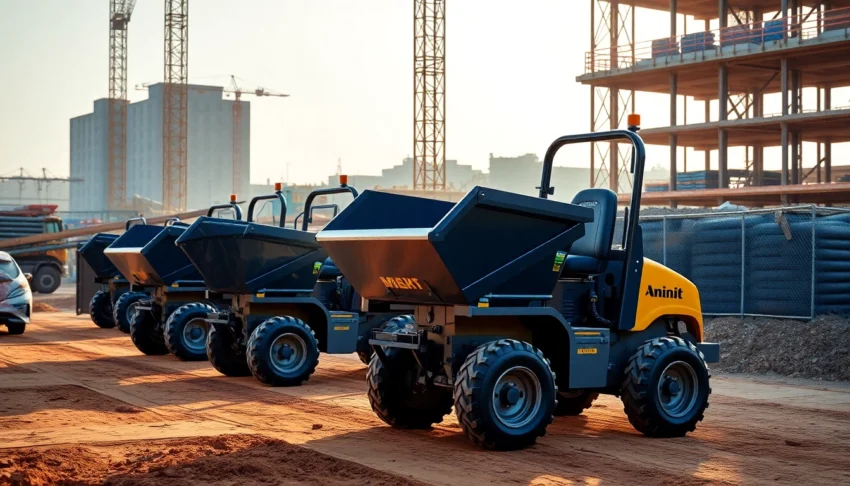Understanding Dumper Rental: Types and Applications
In construction, landscaping, industrial, and infrastructure projects, efficient material handling is crucial to maintaining workflow, safety, and project timelines. One of the most versatile and indispensable tools in this arena is the dumper, a specialized vehicle designed to transport bulk materials swiftly and effectively across various terrains. Recognizing the importance of this equipment, many project managers, contractors, and DIY enthusiasts turn to dumper rental services to access the right equipment for their specific needs. Dumper rental provides an excellent alternative to purchasing, enabling users to maximize operational efficiency without the hefty capital expenditure. In this comprehensive guide, we delve into the different types of dumpers available for rent, their applications across industries, tips for selecting the most suitable model, and actionable strategies to optimize your rental experience.
Different Kinds of Dumpers Available for Rent
The variety of dumpers in the market is extensive, each designed to fulfill specific tasks and adapt to diverse working conditions. When considering dumper rental, understanding these types helps in selecting equipment that maximizes productivity while minimizing operational challenges.
Mini Dumpers
Mini dumpers are compact, lightweight vehicles capable of transporting small to medium loads, typically between 0.25 to 1.5 tons. Their small size allows for maneuverability in tight spaces and narrow access routes, making them ideal for urban construction sites, small-scale landscaping, and renovation projects. Many models, such as those available from industry leaders like Brandon Hire Station or HSS, feature tipping capabilities for quick unloading, ergonomic controls, and versatile attachments for different tasks.
For example, a Petrol Mini Dumper can move up to 300kg efficiently, easing the burden of manual labor in confined areas. Such dumpers are particularly useful for moving aggregate, soil, or construction debris over short distances. Their low ground pressure also enables operation on wet or uneven ground without significant risk of sinking or getting stuck.

